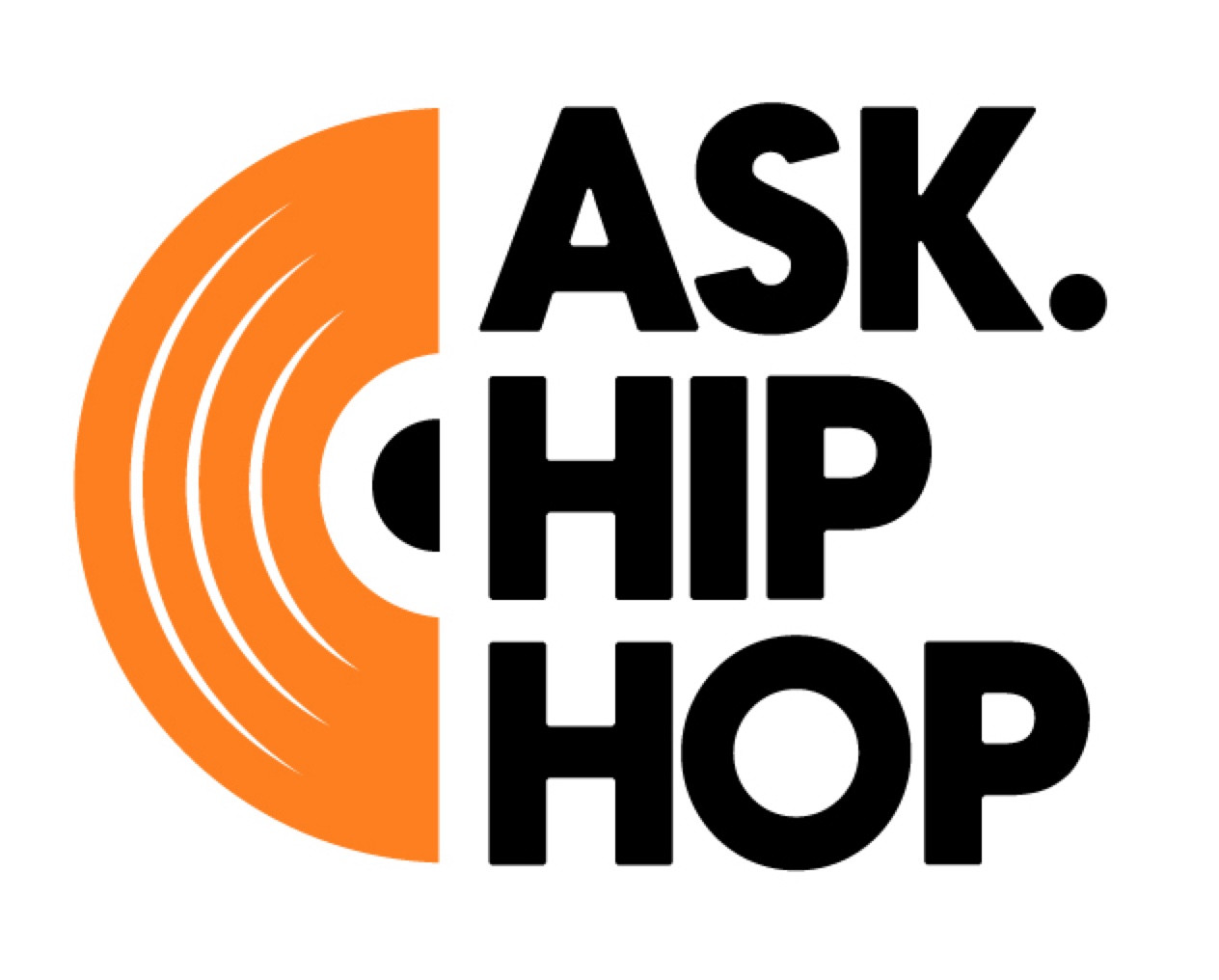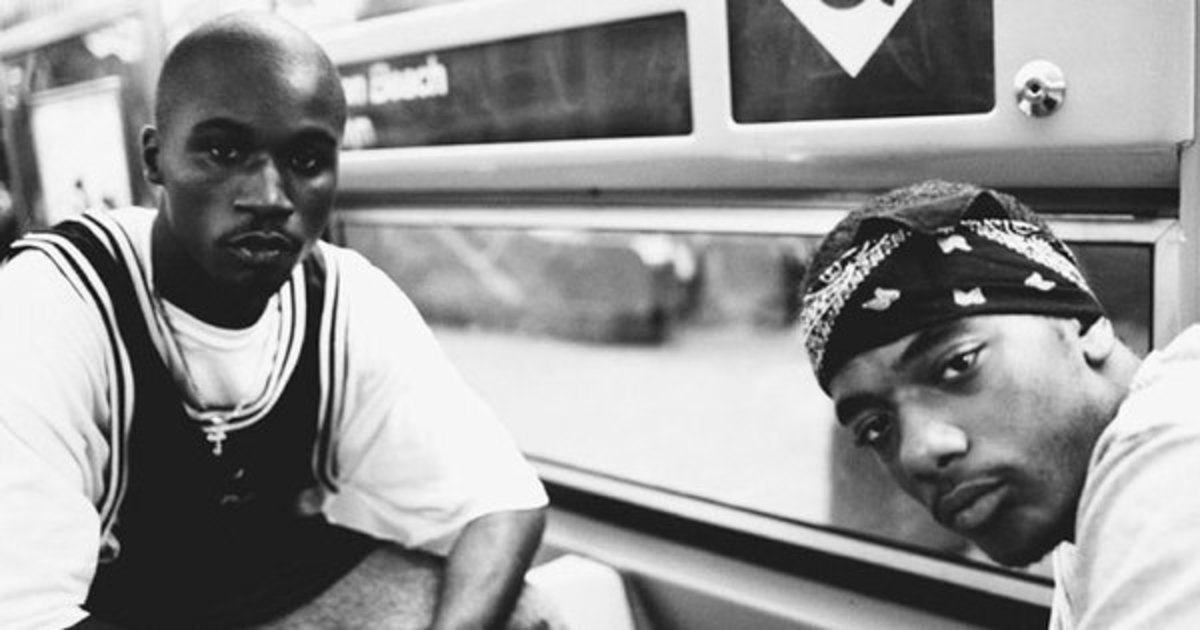“You’se a d**k blower, tryin’ to speak the Dun Language / What the drilly with that though? It ain’t bangin’/ You hooked on Mobb-phonics, Infamous-bonics / Lyin’ to the Pop Dog like you got it!”
Most people have unique ways of communicating in their social circles, crews or to their family. Emcees are no different but they have the ability to introduce their language to legions of fans. Plenty of Hip Hop artists have developed distinctive ways to express themselves through their own personal sayings that in turn became a huge part of the culture. E-40, Ghostface and Snoop have all created different forms of slang or sayings that many fans have come to use. But one specific language stood out enough to become one of the most copied.
The Dun language was a type of slang popularized greatly in what was considered Hip Hop’s second “Golden Era,” during the mid to late 90’s, on the East coast. The first heavy usage of the term “dun” was presented to the world through Mobb Deep’s 1995 sophomore LP The Infamous. It was also heard on other artist’s albums closely affiliated with them such as Nas, Capone-N-Noreaga and AZ (amongst others), but was not taken to the level lyrically that Mobb Deep presented. In later years, Prodigy would come to express his distaste for rappers trying to copy his style of lingo on the 1999 single, “Quiet Storm.”
Still, the beauty of the Dun lingo was that it not only showcased lyrical creativity but it also forced the listener to unconsciously decipher what was actually being said to them through their music. The Dun aficionados challenged their audience’s thought process that allowed the listener to lyrically ride shotgun through their favorite emcee’s vivid world.
The Dun language originated from an acquaintance of Prodigy’s, whose severe speech impediment prevented him from correctly pronouncing words beginning with the letter “s” such as “son.” Instead of saying son, it would sound like “dun.” Although Mobb Deep has openly claimed ownership to this body of slang, it’s somewhat hard to confirm considering several artists from that time period used a similar jargon.
Locating its actual origins may never come to fruition but the fact that this unusual way of creating words with it’s very own implicit meaning set the stage for rappers to think outside of the box. Instead of depending on words that dedicated rap fans already heard, Mobb introduced a new type of slang that was imaginative as it was catchy.
Nonetheless, Havoc and Prodigy can take some credit for their ability to structure words that seemingly had no particular meaning before ever being used in a rap verse. They convinced listeners to believe these words actually made them a part of some type of rap elitist organization that secretly had a way of communicating beyond the mental capacity of the average fan. All in all, for Mobb Deep to make claims that they originally started the term is questionable at most, but their incredible impact on Hip Hop music through the spread of this slang is refutably undeniable.
Sources:
https://www.mtv.com/news/6hz18s/e-40-defines-hip-hop-with-slang-dictionary
https://www.complex.com/music/a/jaapvddoelen/ghostface-killah-ironman-slang
https://theweek.com/articles/460043/6-favorite-izzle-words
https://dartadams.medium.com/mobb-deeps-the-infamous-a-25th-anniversary-retrospective-24e3ed8cdea7
https://www.allmusic.com/album/the-infamous-mw0000124237
https://www.bet.com/article/4rfm2x/10-facts-you-don-t-know-about-mobb-deep-s-the-infamous
https://genius.com/Capone-n-noreaga-neva-die-alone-lyrics
https://genius.com/Az-how-ya-livin-lyrics
https://genius.com/Mobb-deep-quiet-storm-lyrics
https://daily.redbullmusicacademy.com/2012/07/mobb-deep-interview


